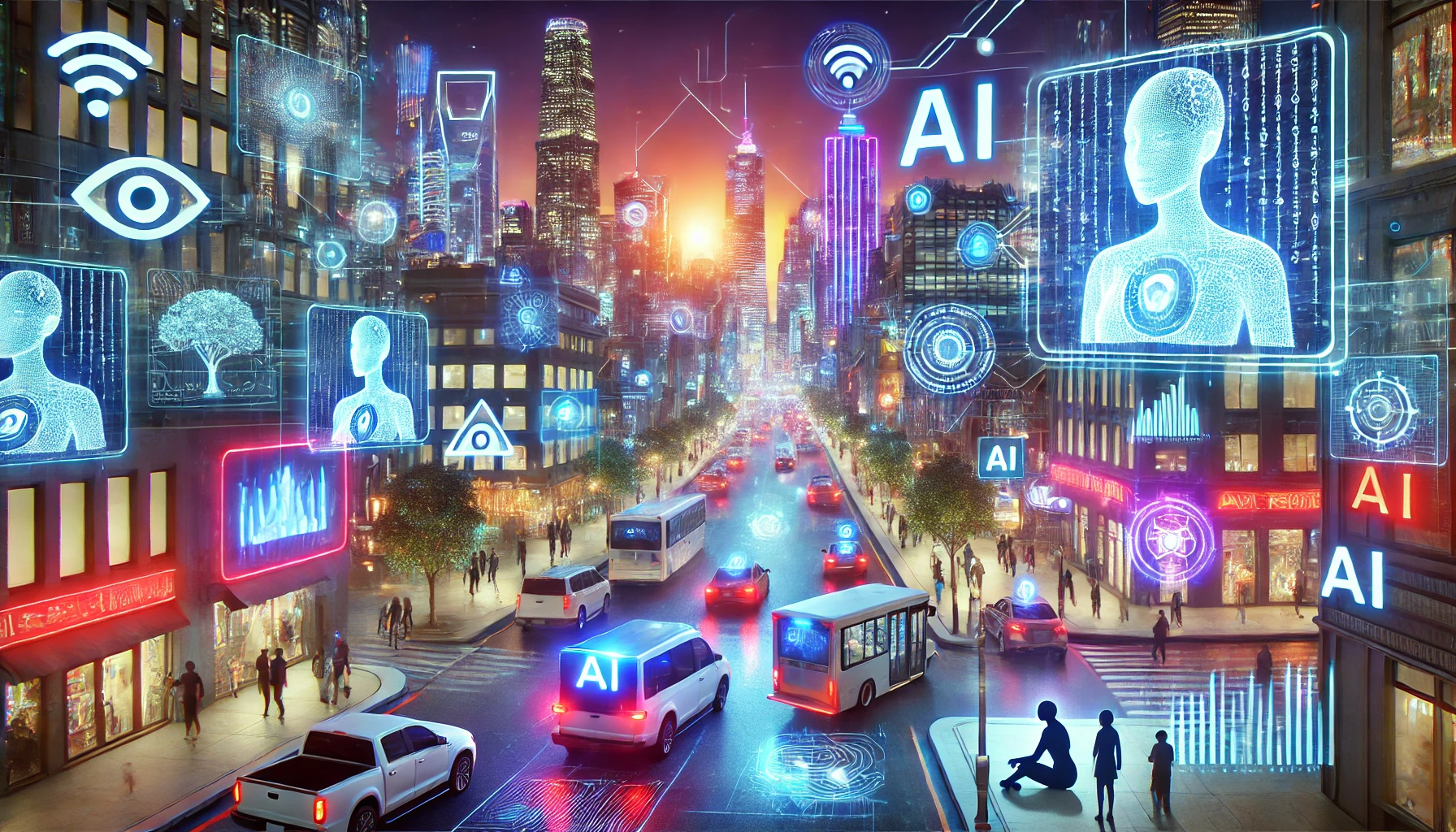Blogs / AI Unleashed: How It’s Shaping the Future Faster Than You Think
AI Unleashed: How It’s Shaping the Future Faster Than You Think
AI Creator / February 10, 2025

Table of Contents
- Introduction
- AI's Impact on Everyday Life
- Revolutionising Industries with AI
- The Role of AI in Automation and the Workforce
- AI Ethics and Challenges
- Future Prospects of AI
- FAQs
- Conclusion
Introduction
Artificial Intelligence is evolving at an unprecedented pace, transforming the way we live, work, and interact. From voice assistants to self-driving cars, AI is no longer a futuristic concept—it's shaping our present and accelerating the future faster than we ever imagined. But how deep does its impact run, and what does the future hold?
AI's Impact on Everyday Life
AI is seamlessly woven into our daily routines. Smart assistants like Alexa and Google Assistant anticipate our needs, while AI-driven recommendation engines personalise our digital experiences. Even mundane activities such as navigation, spam filtering, and fraud detection are powered by AI algorithms working tirelessly behind the scenes.
Revolutionising Industries with AI
Healthcare
AI is revolutionising healthcare by enabling faster diagnoses, personalised treatment plans, and predictive analytics. Algorithms trained on vast datasets detect diseases like cancer at early stages, while robotic-assisted surgeries enhance precision and patient outcomes.
Finance
The financial sector relies on AI for fraud detection, algorithmic trading, and customer service automation. AI-driven chatbots and virtual financial advisors provide personalised insights, making banking more efficient and secure.
Education
AI-powered learning platforms adapt to individual students, offering customised lesson plans that enhance engagement and retention. Virtual tutors and AI-assisted grading streamline educational processes, reducing workloads for educators.
Retail
AI is reshaping retail through personalised shopping experiences, inventory management, and supply chain optimisation. AI-driven chatbots handle customer queries, while predictive analytics enhance demand forecasting.
The Role of AI in Automation and the Workforce
While AI-driven automation increases efficiency, it also raises concerns about job displacement. However, history shows that technology often creates new job opportunities. AI will likely transform rather than eliminate work, leading to a demand for AI-specialised roles, digital skills, and human-AI collaboration.
AI Ethics and Challenges
As AI becomes more powerful, ethical concerns grow. Issues such as bias in algorithms, data privacy, and autonomous decision-making require careful regulation. The challenge lies in balancing innovation with responsible AI development to ensure fairness and accountability.
Future Prospects of AI
AI's trajectory points towards even greater advancements in quantum computing, general AI, and human-AI collaboration. Breakthroughs in areas like creative AI, emotion recognition, and autonomous systems will redefine what machines can achieve.
FAQs
How is AI improving healthcare?
AI enhances diagnostics, personalises treatments, and assists in robotic surgeries, improving patient outcomes and reducing errors.
Will AI replace human jobs?
While AI automates some tasks, it also creates new opportunities in tech-driven fields and enhances human productivity rather than replacing jobs entirely.
Is AI dangerous?
AI itself isn't inherently dangerous, but ethical concerns such as bias, data security, and misuse need regulation and responsible development.
How does AI impact education?
AI enables personalised learning, automates grading, and enhances virtual classrooms, making education more accessible and efficient.
What industries benefit most from AI?
Healthcare, finance, education, retail, manufacturing, and transportation are among the industries seeing the most significant AI-driven advancements.
What is the future of AI?
AI will continue to evolve with advancements in automation, general intelligence, and human-AI interaction, shaping nearly every aspect of society.
Conclusion
AI is no longer a futuristic dream but a driving force shaping our present and future. From revolutionising industries to transforming everyday experiences, its rapid growth shows no signs of slowing down. As we navigate this AI-powered era, embracing innovation while addressing ethical concerns will be key to harnessing its full potential.